The development and usage of information technologies such as computers and the internet impact people’s lives in several aspects. Behind these technologies are mathematical structures represented by mathematics. Once identified and using their properties, the mathematical structures related to many problems in electronics and information enable finding innovative solutions. This concept supports our R&D efforts in different areas as follows.
Information Media and Telecommunications Division
- We study essential technologies related to data transmission and virtualization that support information systems. In particular, We perform theoretical studies on switching networks as the technology necessary for building data center networks.
- We aim to develop technologies for recognition of human behavior and activities using smartphones and sensor data, as well as solving social issues through IoT and motion analysis of tourists.
- We research information on objects in three-dimension via cameras and sensor images, technologies for video communication, development of stereoscopic displays, and VR technologies that reproduce information richly and then employing these technologies for educational evaluation through estimation and amusement.
- To provide timely information mainly using image processing for video and structural technology that makes stable the gathering of information. We intend to develop human-friendly systems for society.
Mathematics of Information Division
- Financial engineering related to rule extraction from uncertain / inconsistent data, management engineering related to optimization under multipurpose / conflicting rationality / ambiguity, and system engineering related to autonomous / parallel / intellectual control. In addition, we will explore the theory and develop the technology of decision-making based on data.
- We are developing advanced data analysis techniques to integrate the knowledge obtained from numerical simulations and information from multiple observations of large-scale data. Using natural sciences data, we seek to understand natural phenomena such as mesoscale precipitation events (e.g., torrential rain and heavy snow) and the space plasma environment around the Earth.
- Besides, we also study algorithms for machine learning problems under the framework of mathematical programming. Multiagent-based simulations, mechanism design in game theory, service engineering, and system dynamics to understand and solve social problems through modeling techniques.

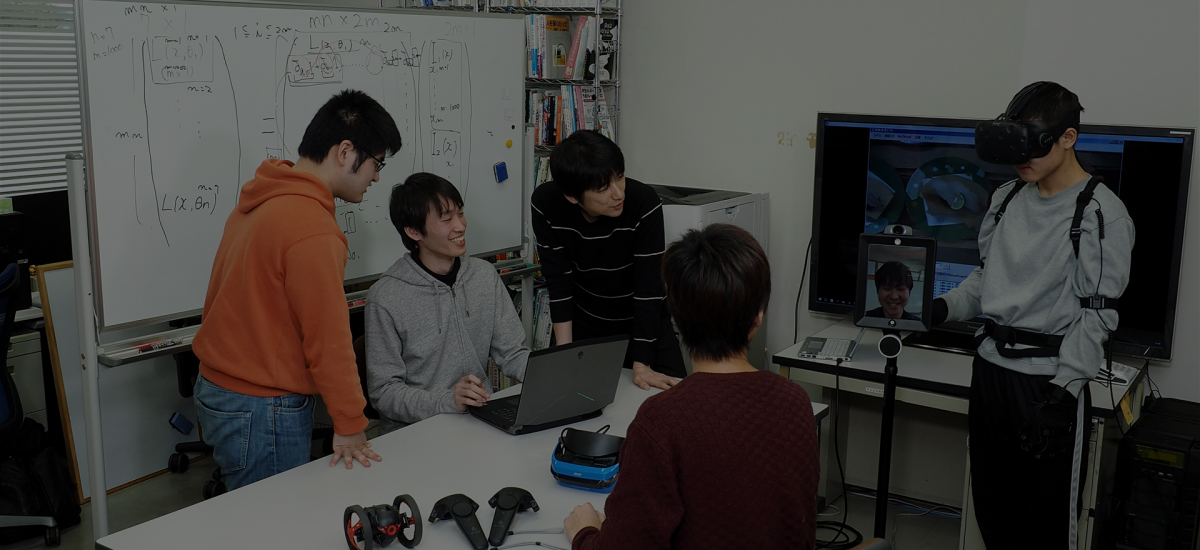
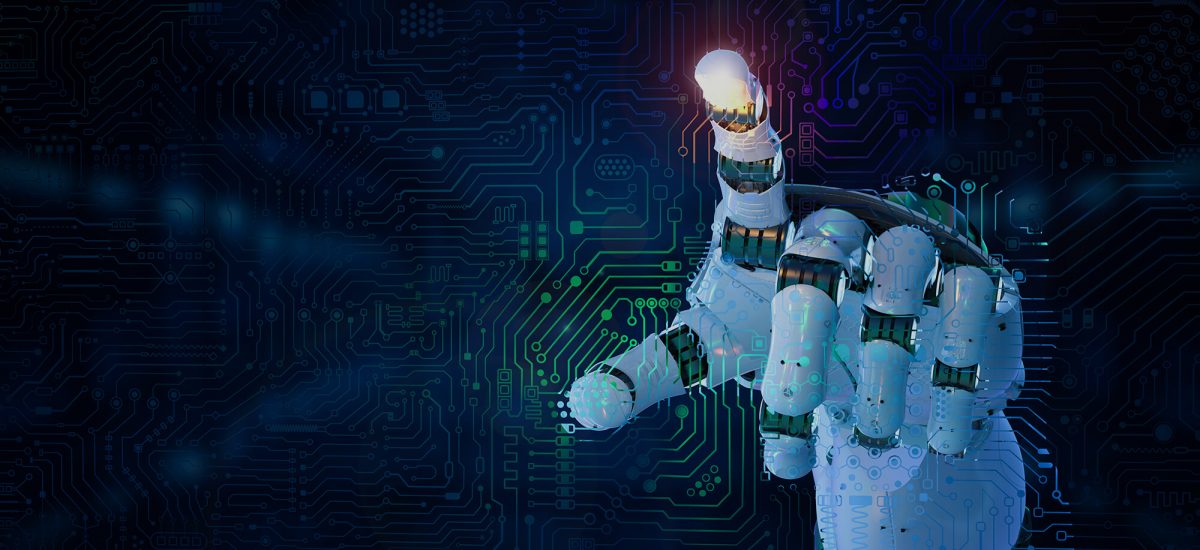

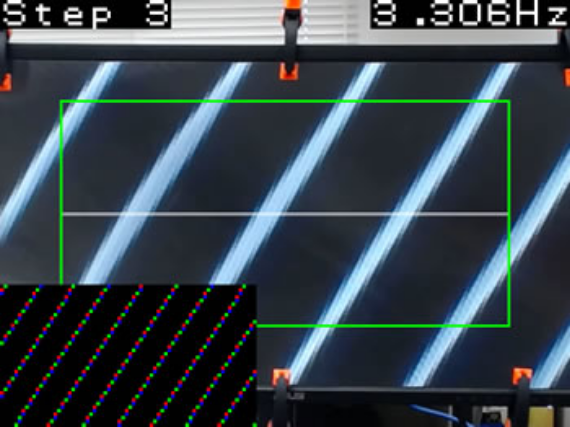 Measuring moiré (interference fringes) for 3D display by image processing
Measuring moiré (interference fringes) for 3D display by image processing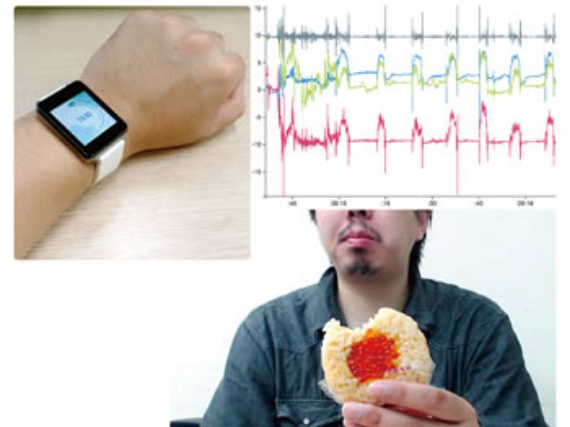 Study of dietary content estimation using a wristwatch type wearable sensor
Study of dietary content estimation using a wristwatch type wearable sensor Fieldwork experiment to measure the relationship between the level of interest in environmental education and head direction.
Fieldwork experiment to measure the relationship between the level of interest in environmental education and head direction.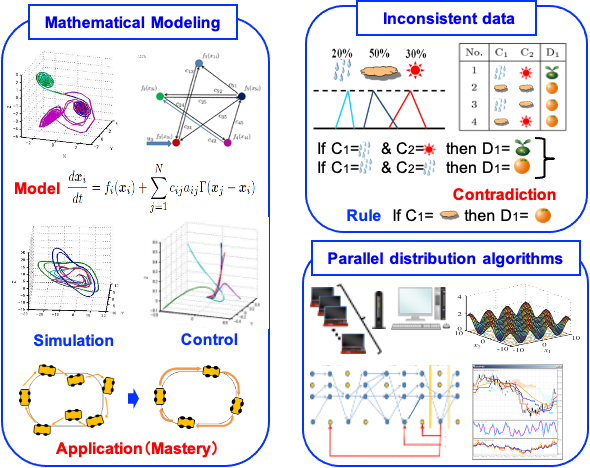 Mathematical modeling and control of phenomena / Parallel data processing / Distributed algorithm
Mathematical modeling and control of phenomena / Parallel data processing / Distributed algorithm 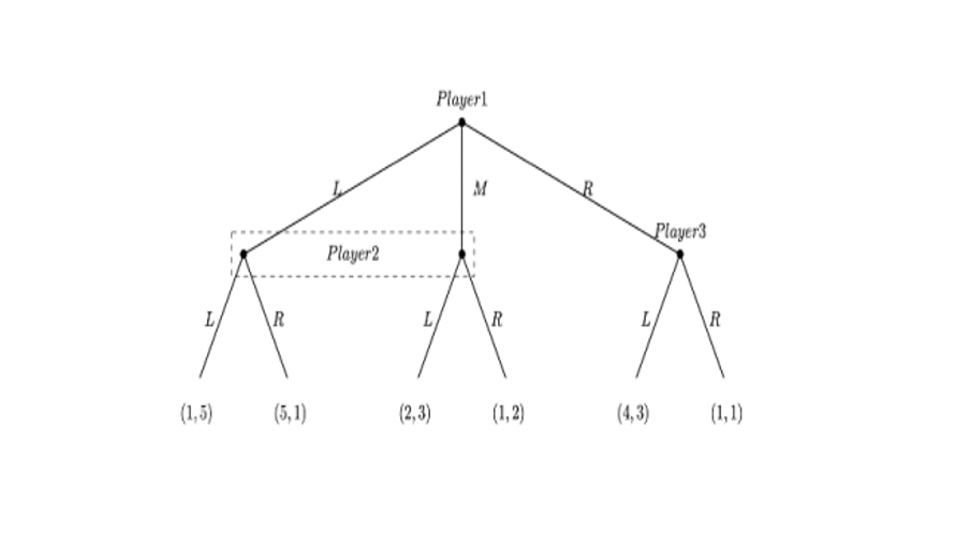 Mechanism Design analysis
Mechanism Design analysis